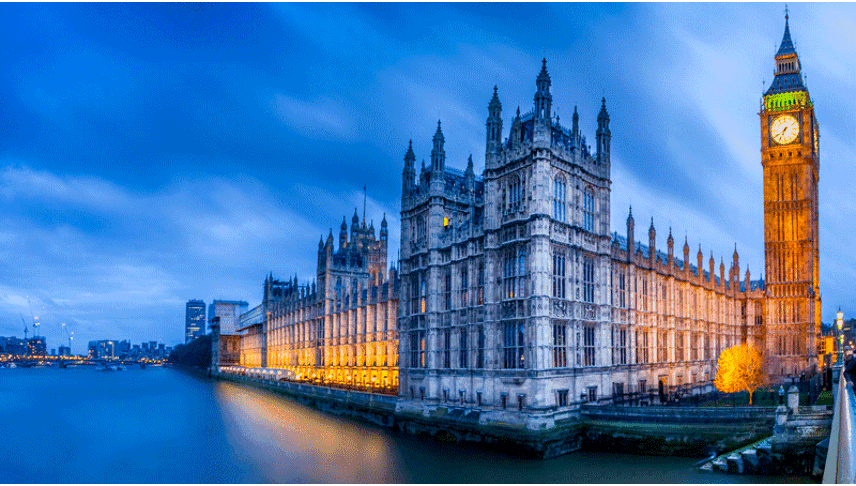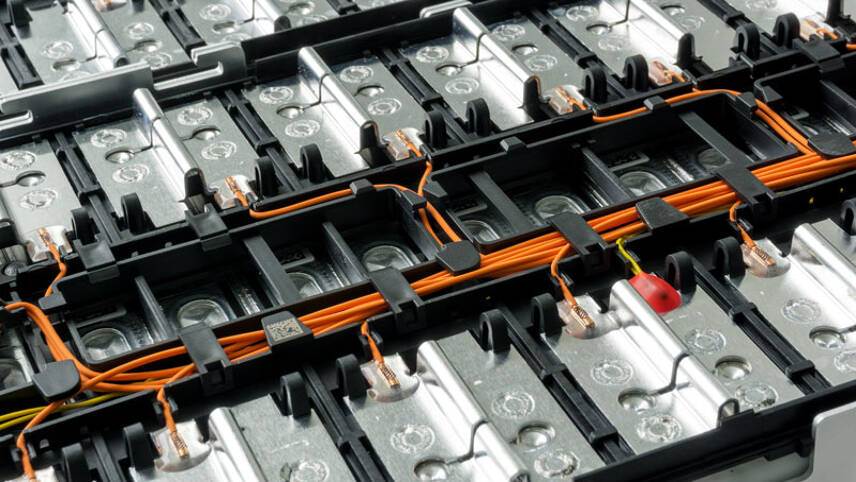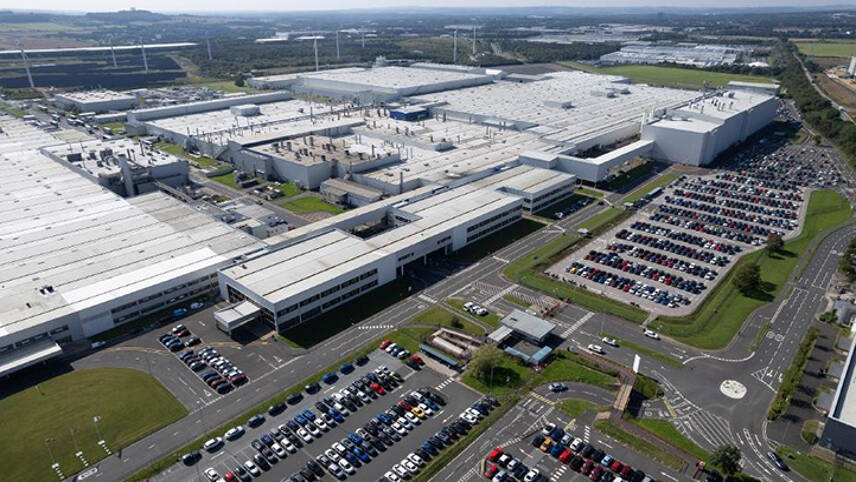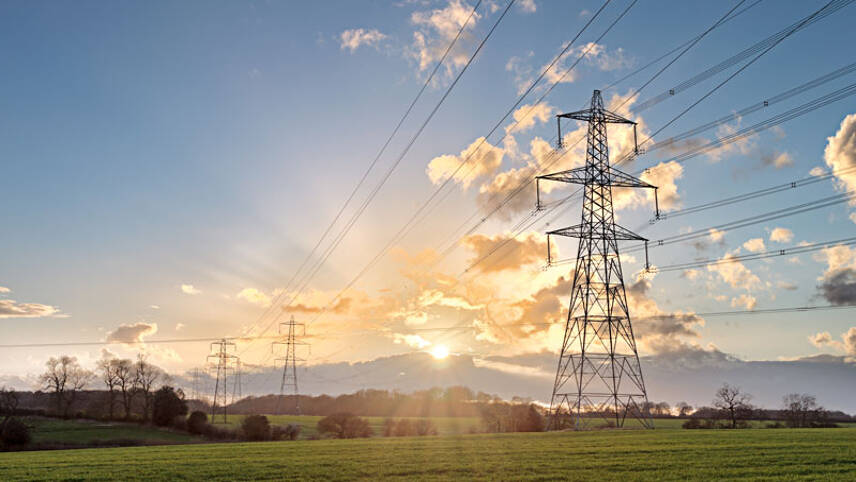UK Government ministers are so obviously desperate:

Last year, Prime Minister Rishi Sunak announced the UK’s intention to join the CPTPP after two years of negotiations, marking it as the country’s most significant post-Brexit trade deal yet.
The agreement is expected to facilitate increased trading opportunities with nations such as Australia, Japan and Mexico across various industries including food and drink, automotive, services and technology.
British Ministers claim that the deal will yield an additional £1.8bn in income for the UK over the next decade, supplementing revenue from existing bilateral trade agreements with some members.
However, MPs argue that estimating the benefits of CPTPP and its impact on economic growth remains challenging, particularly as Business and Trade Secretary Kemi Badenoch distanced herself from economic modelling produced by her own civil servants.
Business and Trade Committee’s chair Liam Byrne said: “Today, the Government’s target of covering 80% of trade with free trade agreements is beyond reach and we are off-track to meet the target of £1trn of exports by 2030.
“That is why CPTPP is important. But, for all its merits or drawbacks, if we’re serious about Parliamentary sovereignty, Government must let MPs debate the deal and vote on it.
“We need some hard-headed analysis of the economic benefits of the trade deals ministers propose to signs. It is simply not good enough for Secretaries of State to cast aside numbers produced by their own department, without providing their own figures.”
Controversial impacts of the agreement
Moreover, the MPs are also urging for a parliamentary vote due to the controversial environmental and ethical aspects of joining the trade bloc.
Concerns are high about the potential impact on UK safeguards regarding imports of controversial agri-food products, such as beef and pork treated with growth promoters, agri-food produced using pesticides banned in the UK, and palm oil linked to deforestation.
The Trade and Agriculture Commission has warned of potential increased imports of such products due to tariff reductions under the CPTPP, presenting a cost advantage over UK producers who are legally held to higher sustainability standards.
Moreover, contentious provisions within the agreement allowing foreign investors to sue governments over actions affecting their profits have raised alarms about the UK Government’s regulatory autonomy, particularly concerning the English water industry.
Worker rights implications also raise red flags, with concerns raised by the Trade Union Congress (TUC) regarding trade with nations like Malaysia, where evidence of forced labour exists, and Vietnam, where workers’ rights to unionise are restricted.
In response to these concerns, the Business and Trade Committee is urging a debate and vote on the trade deal during the 21-day scrutiny period under the Constitutional Reform and Governance Act 2010.
It is also calling for a revised impact assessment from the Government outlining the expected gains from CPTPP membership, and for clarity on measures to ensure UK businesses fully optimise the treaty’s benefits.


